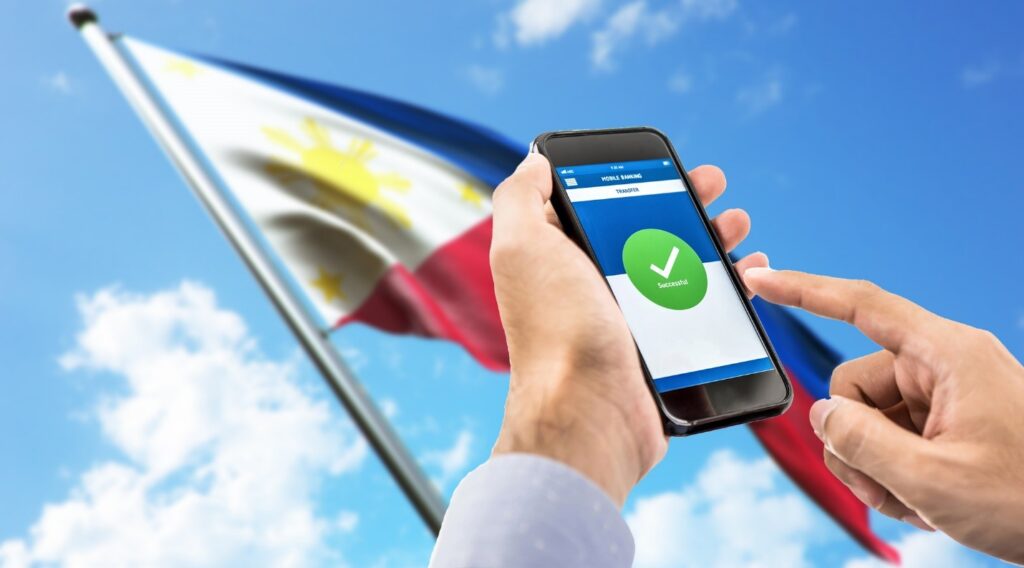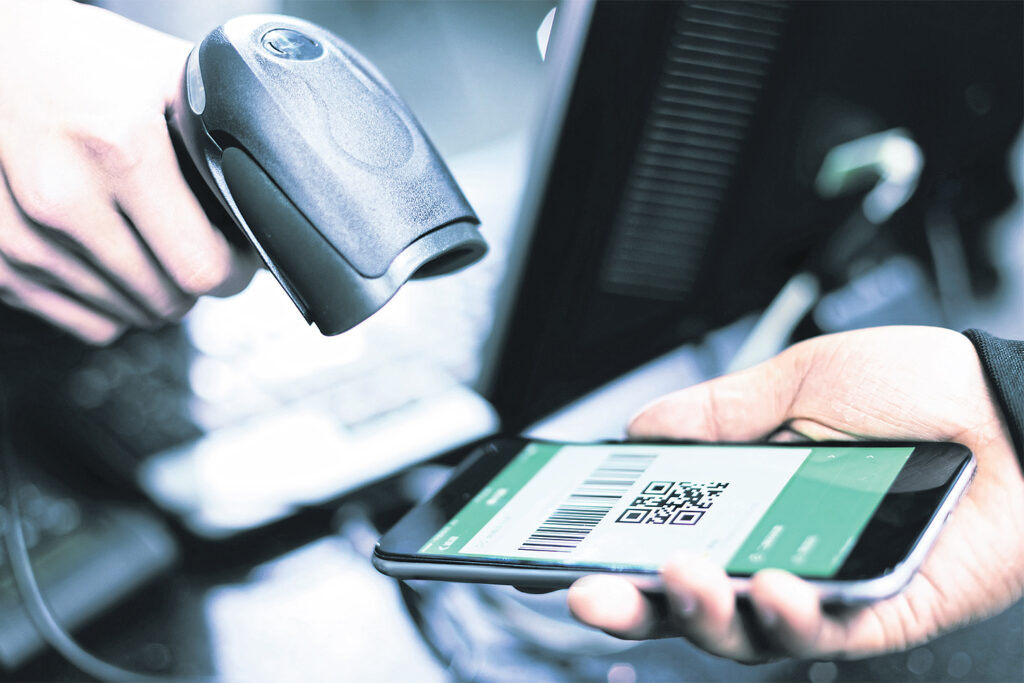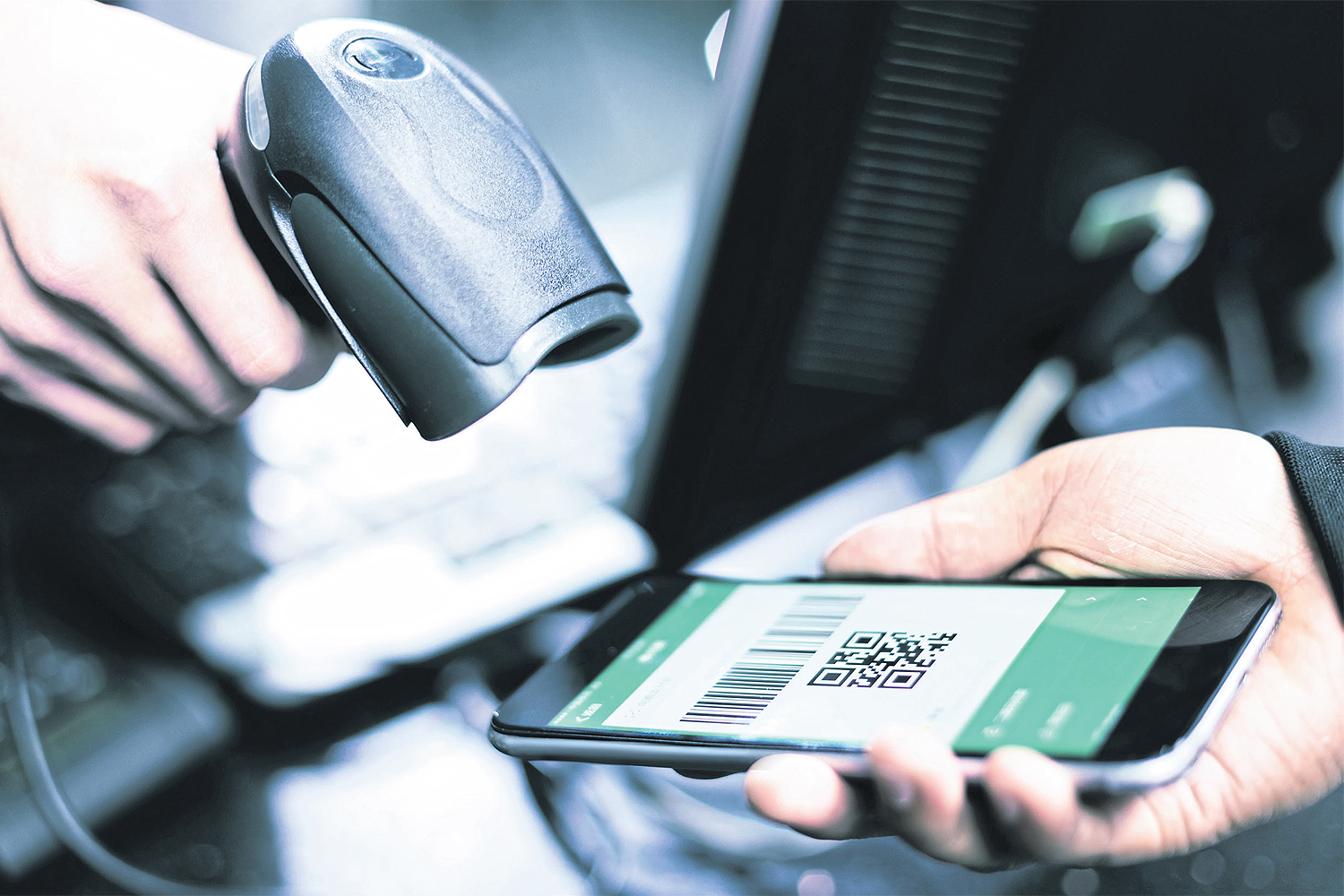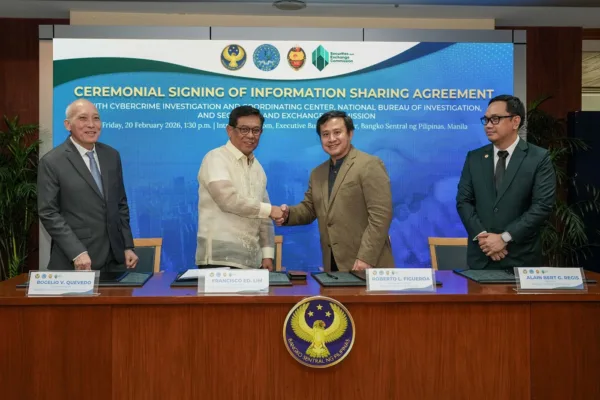Earlier this week, a Memorandum of Agreement for the “Cashless Expo 2023,” the first of its type in the Philippines, was signed between the Bangko Sentral ng Pilipinas (BSP) and the Department of Trade and Industry (DTI).
Once formed, the first-ever “Cashless Expo” is anticipated to allow more micro, small, and medium-sized enterprises (MSMEs) to implement digital payment systems to expand their businesses.

IMAGE CREDIT: https://www.magzter.com
The expo, according to BSP Deputy Governor Mamerto Tangonan, will further promote the shared goals of financial inclusion and digital transformation between the DTI and the BSP.
“We think that this expo could give MSMEs the chance to implement digital payments. More importantly, we think that it could give them the chance to expand their businesses,” shared Tangonan in a press statement.
According to him, the usage of digital payments can open up opportunities for MSMEs to increase their consumer reach as well as access to credit. “Our support for the cashless expo is in line with our focus on pursuing effective initiatives that can help significantly transform retail payments in the nation into digital form.”
The expo is also anticipated to increase consumer knowledge of digital payments and encourage their trial to help shape customer preference by enabling them to personally experience the advantages of digital payments.

Digital payments now make up 54% of retail volume payment
Based on the latest study conducted by the BSP together with the “Better Than Cash Alliance,” digital payments now make up 54% of all retail payment volume. Merchant payments, on the other hand, still account for about 58 percent.
According to the alliance, despite some important advances in electronic payment systems in the past two decades, the Philippines remains a heavily paper-dependent (cash and check) society.
The dominance of cash is not surprising considering the country’s large unbanked population and the predominance of informal businesses, whose owners, employees, and customers transact almost exclusively in cash.
The same Better Than Cash Alliance diagnostic estimates that Filipinos make about 2.5 billion payments per month (or roughly 64 monthly payments per adult) corresponding to a monthly value of over US$74 billion. Only 1 percent of these payments, however, are electronic, with cash and checks accounting for the remainder.
While some successes in the development of a healthy electronic payment ecosystem are emerging, they are generally limited in scale and scope. A need exists for a comprehensive strategy among government and key players in the payments industry to expand the usage of electronic payments.
Achieving goals outlined in the BSP’s Digital Payments Transformation Roadmap
To address this need, the BSP has since been actively involving state agencies and other stakeholders to be able to assist the government in achieving the goals outlined in its Digital Payments Transformation Roadmap, which aims to create a financially inclusive and robust digital economy.
For its part, the DTI is also anticipating that the “Cashless Expo” will lead to the fusion of business and technology, where payment transactions are no longer constrained by the limitations of fiat money.
“At the very heart of a robust e-commerce is a system that is easy, convenient, and fast. Madali para sa negosyo, madali para sa mga mamimili,” stated DTI Secretary Ramon Lopez.
“We think that by actively promoting consumer welfare, continuously improving e-commerce, and providing targeted capacity building, particularly for underprivileged sectors, we may realize this vision,” he added.
The DTI official also insisted that the expo would support Filipino craftsmanship, artistry, and products in addition to promoting digitization and financial inclusion in the local MSME sector.








